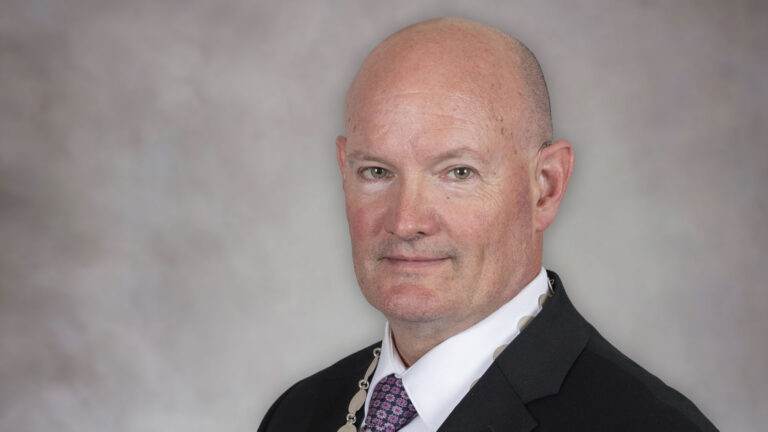The introduction of new public policies for Medical Assistance in Dying and access to Mifegymiso® may present moral dilemmas for some pharmacists and pharmacy technicians.
ACP’s Code of Ethics provides guidance to registrants about what to do if they have a moral dilemma and wish to exercise conscientious objection.
Exercising conscientious objection proactively and respectfully
Conscientious objections by pharmacists or pharmacy technicians must not impede the right of individuals to receive unbiased information, including where to access legally permissible and available health services. Conscientious objection should be addressed proactively and respectfully so as to not disrupt access to care, nor to disrupt pharmacy team behaviours and relationships.
If a pharmacist or pharmacy technician wishes to exercise conscientious objection, they should:
- provide a statement in writing to their supervisor in advance of the possibility of receiving a prescription for a drug or request for a service that they have moral objection to, and
- familiarize themselves with pharmacists or pharmacy technicians, as the case may be, to whom they may guide an individual or other health professional seeking the specific service that they object to.
In this way, pharmacists and pharmacy technicians can best prepare themselves and their team should they receive a prescription for a service that they morally object to.




